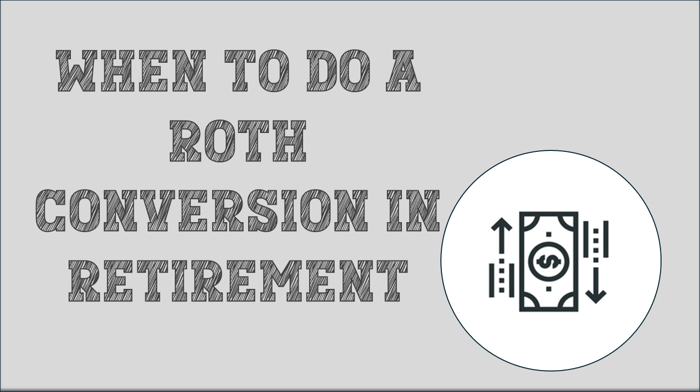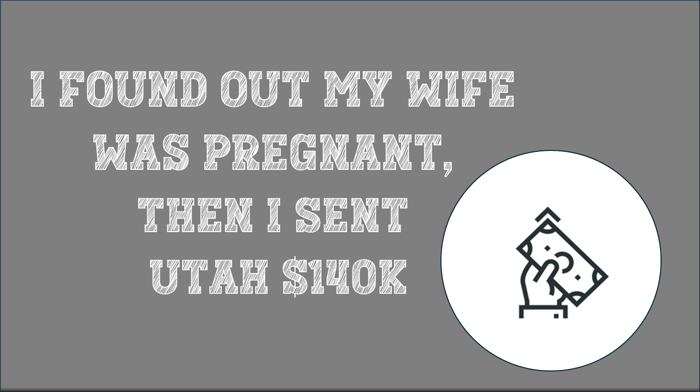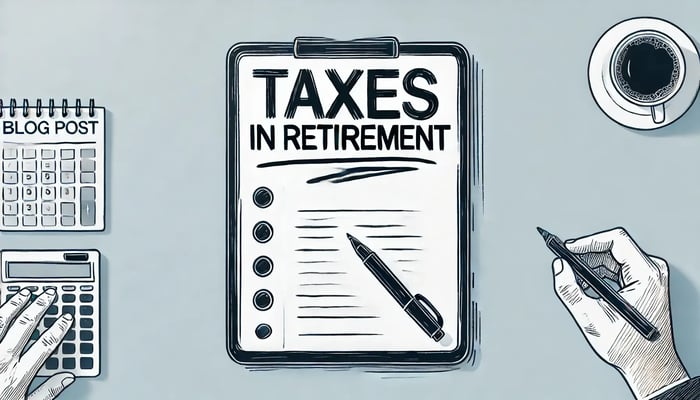You might assume Roth Conversions are just for young people.
Wrong!
Retirees are often great candidates for Roth conversions, and they can help diffuse a “ticking time bomb” of taxes, as I’ll explain…
A Quick Review
A Roth Conversion simply means converting a traditional (pre-tax) IRA into a Roth IRA.
Let’s say you have $500,000 in a traditional IRA. Converting $100,000 of that into a Roth simply means moving $100,000 from your Traditional IRA account into your Roth account.
Oh, and you need to pay taxes on the $100,000 that you are converting.
Why would ever want to pay taxes today that you could pay tomorrow, or never pay for that matter?!
Someone will eventually have to pay taxes, and if you don't plan ahead, you may pay much more than you thought without a timely Roth Conversion.
Here are a few ways Roth conversions can save you thousands in taxes throughout your retirement.
Pay the taxes NOW at a lower rate.
Accelerating the payment of your taxes from a pre-tax account (regular IRA) into a post-tax account (Roth) can lock in your tax savings before you retire.
Paying taxes sooner rather than later may seem counter to the prevailing notion that you should defer taxes as long as possible. However, additional factors influence tax rate during retirement - You may find yourself in a higher tax bracket later in your retirement than when you started.
Did You know that Social Security payments can push you into a higher tax bracket? If you aren't careful, you end up paying higher taxes on your IRA distributions simply because you didn't convert.
Required Minimum Distributions
If you have IRA accounts, the IRS requires you to withdraw a certain percentage every year to enjoy the tax benefits.
Assuming you have most of your accounts invested in stocks, your portfolio is probably growing every year if your portfolio is growing that your required minimum distributions grow as well.
This can also increase your tax rate, so converting to a Roth account and paying the taxes earlier can prevent these additional gains from being taxes at a higher rate.
Survivorship and Generational Wealth
Finally, there are external factors where a Roth conversion can save you thousands of dollars at a time. If you are married and your spouse passes away before you, your tax rate changes from a joint, married rate to a single rate, which can increase your tax percentage by over 10%.
On the other side, if you are trying to leave more money for your heirs, preemptively paying the taxes by converting to a Roth account can save them money on the back end because they're most likely in a higher tax bracket than you are. If the taxes are already paid during the Roth conversion, they will have a smaller tax bill on their inheritance.
As you can see, Roth conversions are not only for young people, and they can save retirees thousands of dollars by paying taxes on their individual accounts earlier.






